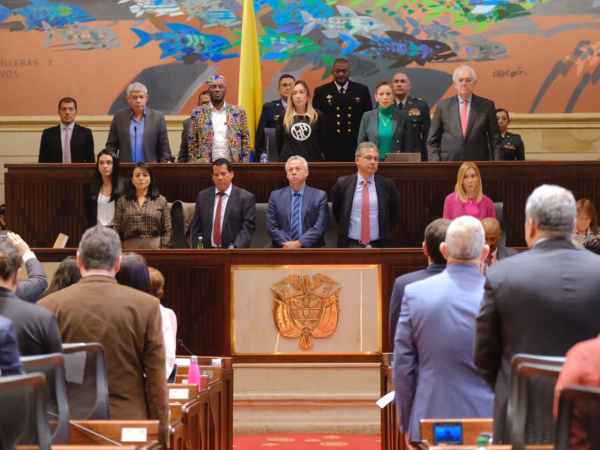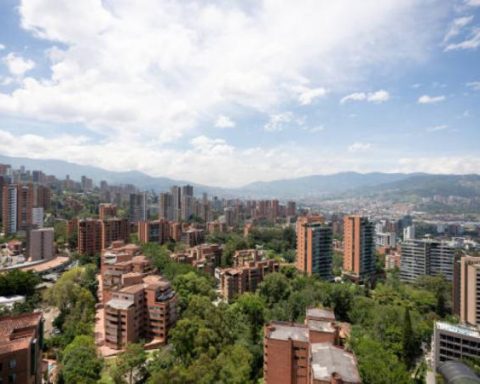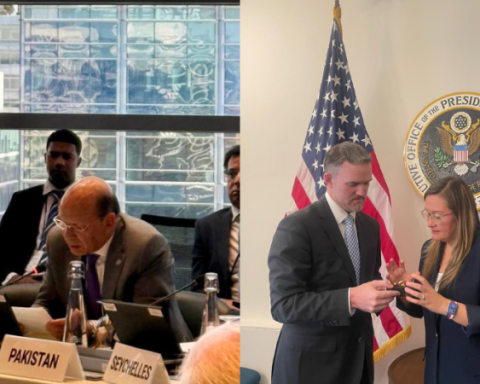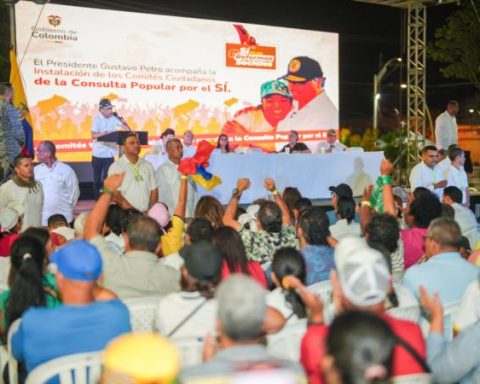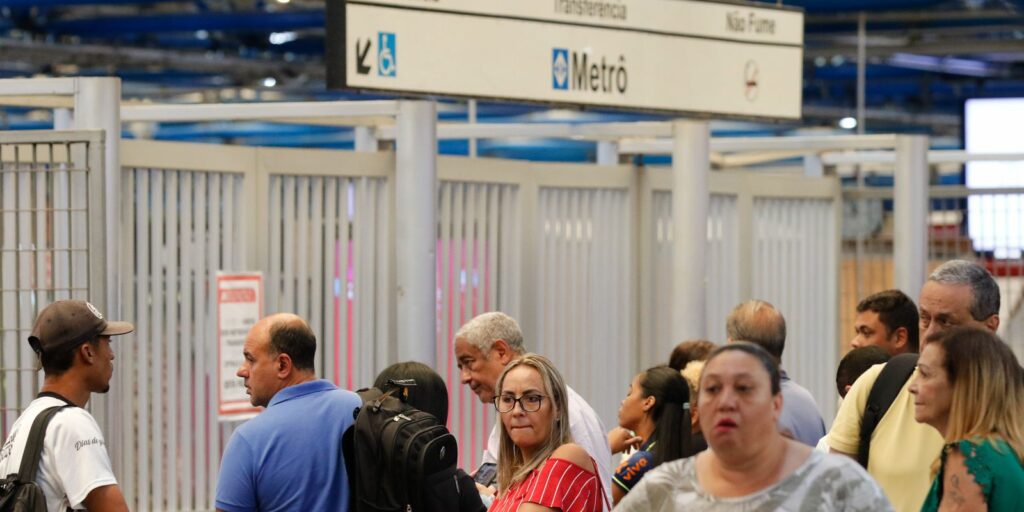
He National Development Plan 2022-2026 of the Government of Gustavo Petro he made it through his first round before Congress. After three days of discussion and voting before the economic commissions of Senate and Camerathis was approved in its first debate.
Among the most controversial points of the project were the 10 articles that sought to grant extraordinary powers to the President of the Republic. Of these, half fell off.
(How will the pension bonus for mothers work?).
Among the points that were left out is the article 160which proposed granting extraordinary powers to the President for six months to issue a decree with the force of law that regulates the special conditions of imprisonment for members of indigenous peoples and communities.
One of the points that had generated the most controversy in relation to the faculties was the content in the Article 305, which guaranteed the President for six months to create a holding company for the electricity sector, integrating the companies behind the main power plants in the country.
Another faculty that was not approved in the first debate is the creation of a National Agency for Digital Security and Space Affairs, and the one that proposed the creation of the National Agency for Science, Technology and Innovation. These correspond to articles 307 and 308 of the presentation of the Development Plan.
(“It is unnecessary to ignore regulation commissions”: message to Petro).
In addition, article 309, which granted the President powers to “merge, modify or liquidate the funds account with or without legal personality or the autonomous patrimonies administered by bodies or entities of the General Budget”.
Among the powers endorsed by the economic commissions is article 301, which allows the President to issue laws to modify the Families and Youth in Action programs, “and incorporate them in a harmonious and timely manner into the Transfer System”, which is also regulated by the Development Plan. Article 302, which allows the President to “acquire, free of charge or onerous, the infrastructure that corresponds to the San Juan de Dios Hospital” and creating an entity whose purpose is the provision of health services also passed.
(The reasons for the fall of the Petro political reform).
As well as the extraordinary powers for the creation of a public entity attached to the Ministry of Transport for the promotion of the construction, improvement and conservation of local roads, contained in the article 303; and those that establish that the chief executive may manage everything related to the Grupo Bicentenario, the state financial holding with which they want to promote the so-called popular economy (article 304).
Another point in which the President was empowered is related to the national forestry service (article 306). “It was a lively debate, where very good consensus was reached without effort, giving the necessary time for everyone to express their positions. The opposition was listened to and always had all possible guarantees. In the end, with few exceptions, things were approved with a broad consensus”, highlighted the congresswoman María del Mar Pizarro, rapporteur coordinator of the Plan.
(What’s next for the pension and labor reforms after being filed).
Yesterday also finished saying in relation to the special funds. Although articles 95, 226 and 265 were approved, in relation to the Fund Account of the sports mind, the fund to finance the territorial pacts and also the World Power Fund for Life, which finances various projects of the National Development Plan. Article 266, which proposed the creation of the Equality and Equity Fund (Foniguadad) as a fund account without legal status administered by the Ministry of Equality and Equity. The congressmen argued lack of clarity on the allocation of resources.
LAURA LUCIA BECERRA ELEJALDE
Journalist Portfolio
